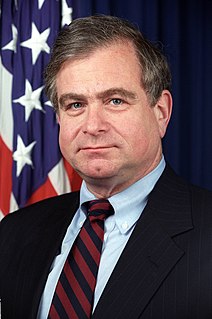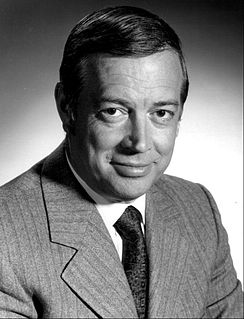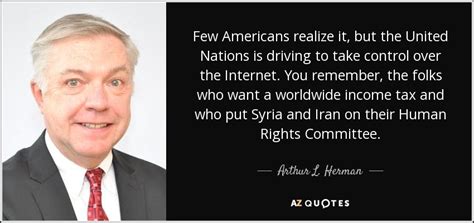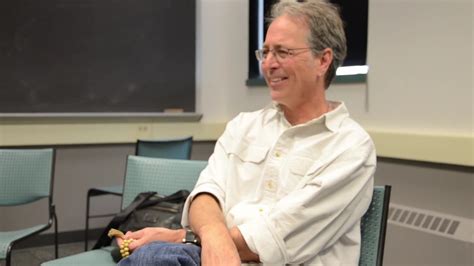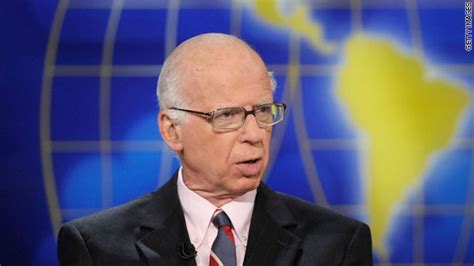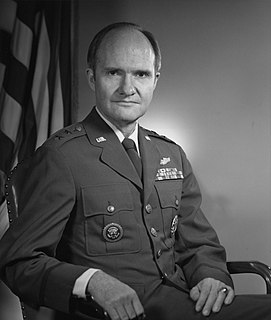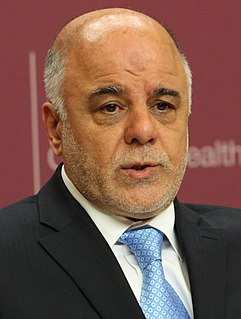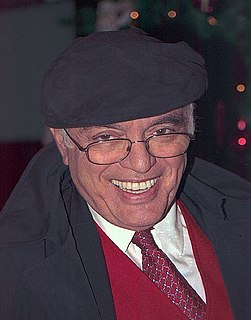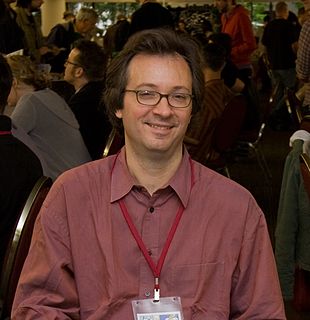Top 714 Saddam Hussein Quotes & Sayings - Page 6
Explore popular Saddam Hussein quotes.
Last updated on April 21, 2025.
If hemp could supply the energy needs of the United States, its value would be inestimable. Now that the drug czar is in final retreat, America has an opportunity to, once and for all, say farewell to the Exxon Valdez, Saddam Hussein and a prohibitively expensive brinkmanship in the desert sands of Saudi Arabia.
Hoping to garner the support of the American people, proponents of regime-change wars routinely cite humanitarian concerns to justify military intervention in foreign countries. But here is the reality: As a direct result of our intervention in Iraq and the overthrow of Saddam Hussein, human suffering increased dramatically.
I think excessive rationality can be very dangerous. Certainly the kind of rationality we've seen in the last hundred years, and still see on a daily basis when Madeleine Albright says that it's all right, we have to live with the idea of hundreds of thousands of Iraqi children dying because it contains Saddam Hussein.
When Saddam Hussein was overthrown, Iraqis resolved never to allow one man, one political party, or one segment of society to dominate our diverse nation. Now we have the opportunity to build an Iraq worthy of what we are: a pluralist people, steeped in history, striving to build one nation in peace and mutual respect.
In searching for a rationale to go to war, Bush settled on the notion of Saddam as an incarnation of evil, basically, and convinced himself that Saddam was fundamentally Adolf Hitler reborn. I think his feelings towards Saddam were in fact quite genuine and quite legitimately hostile. He was not play acting.
Howard Dean is not the first politician to distort facts in his own interests. But many activists in the party he now leads are puzzled over what he thinks he is accomplishing politically. Is it good politics to contend that Iraq was better off under Saddam Hussein than even a flawed Islamic republic?
Howard Dean is not the first politician to distort facts in his own interests. But many activists in the party he now leads are puzzled over what he thinks he is accomplishing politically. Is it good politics to contend that Iraq was better off under Saddam Hussein than even a flawed Islamic republic.
The person who will decide whether or not there will be war or peace is Saddam Hussein, and all he has to do is give up these terrible weapons that he has used to kill fellow Arabs, fellow Muslims in that part of the world, and to step away from his past behaviour which invaded neighbouring countries.
In a speech earlier today President Bush said if Iraq gets rid of Saddam Hussein, he will help the Iraqi people with food, medicine, supplies, housing, education - anything that's needed. Isn't that amazing? He finally comes up with a domestic agenda - and it's for Iraq. Maybe we could bring that here if it works out.
Reparations - not just aid - should be provided by those responsible for devastating Iraqi civilian society by cruel sanctions and military actions, and - together with other criminal states - for supporting Saddam Hussein through his worst atrocities and beyond. That is the minimum that honesty requires.
The principal sponsors of the terrorists are not religious fanatics. "Palestine's Yasser Arafat, Iraq's Saddam Hussein, and Syria's Assad family have made themselves the icons of Islamism despite the fact that they are well-known atheists who live un-Muslim lives and have persecuted unto death the Muslim movements in their countries."
The media is uncritical, and their so-called the concept of objectivity translates into keeping everything within the Beltway. However, Iraq was quite different. Here, there were flat-out lies, and they sort of knew it. They were desperately trying to make connections between Saddam Hussein and 9/11.
